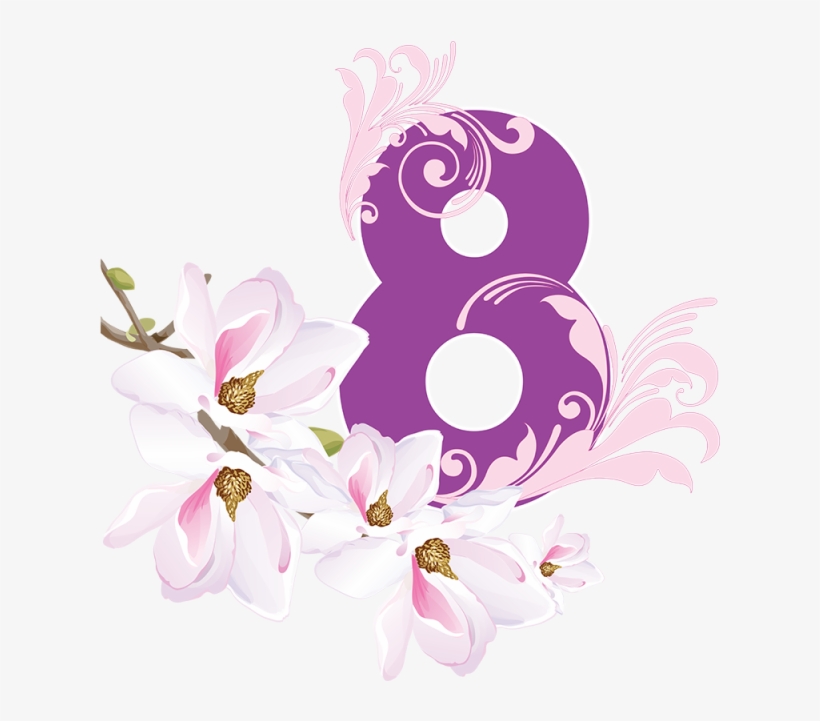At a time when fewer people are participating in sport and youth activity levels are declining, increasing diversity and inclusion in sport is essential.
This Mar. 8, on International Women’s Day, the Ottawa Sport Council and many others around the world are coming together to challenge gender bias in sport. This year’s campaign, #ChooseToChallenge, highlights the individual decision we have to make to challenge and call out the norms and inequalities in society that disproportionately affect women.
Sport can often be seen as a reflection of society. Waves of change in sport have frequently aligned with trends in everyday life, either following them or promoting them. Racial integration in major professional leagues like the MLB, NFL and NBA came around the same time as the Civil Rights Movement and steps forward for women’s sports have typically shadowed the different waves of feminism. In some cases, like with the fight for equal pay by the U.S. Women’s National Soccer Team, sport can amplify a message and create a powerful voice for change beyond sport.
Diversity in professional sport is essential because minority representation in the media encourages minority participation in sport at the youth level. Youth participation in sport has been dropping over the last decade. According to a report from the Aspen Institute, the share of of children ages six to 12 who play a team sport declined from 41.5 per cent in 2011 to 37 percent in 2017. Another report from the Women’s Sports Foundation found that by age 14, girls drop out of sport at two times the rate of boys. This decline in participation and disproportionate departure from sport for teenage girls can be attributed to the gender-specific barriers to participation.
The Women’s Sports Foundation has identified six primary reasons for dropout among girls: lack of access, safety and transportation issues in urban areas, social stigma, diminished quality of experience, cost, and lack of positive role models in the media. Each of these reasons contribute to the systemic barriers to sport that exist specific to women.
Lack of equal representation in the media is one of the most significant barriers to sport for women because it can create a chain effect that ensure the existence of the other barriers. According to UNESCO, women make up 40 per cent of the world’s participants in sports, but receive only four per cent of the coverage in the media. Not only does this limit the existence of role models for young girls interested in sport, it also reduces the sponsorship value of women’s professional sport and reduces the athletes’ pay.
Because of these monetary implications, there is a perception that women’s sports are not profitable and there is a lack of interest for watching them. A Nielsen Sports survey conducted throughout eight key markets around the world (U.S., U.K., France, Italy, Germany, Spain, Australia and New Zealand) found that 84 per cent of sports fans are interested in women’s sports; of those, more than half were men, indicating gender-balanced interest.
Vocal advocates like the U.S. Women’s National Soccer team help raise awareness for such inequalities, which is a step forward, but as society progresses and makes strides toward equality, unforeseen roadblocks will continue to appear – most recently with the Covid-19 pandemic.
In December 2020, the U.S. lost 140,000 jobs. Men had a net gain of 16,000 jobs and women lost 156,000, effectively representing the entirety of lost jobs in December. The pandemic didn’t create gender disparity, it amplified the existing disparity and highlighted the systemic inequality that allows for such significant differences in experiences during a global pandemic, for example.
Covid-19 has also negatively impacted women’s sports and slowed progress toward increased opportunity. This effect can be seen in Ottawa through the example of the Cumberland Panthers’ girls tackle football program that was set to begin in the spring of 2020. Covid-19 restrictions prevented the program from beginning and becoming the first all-girls tackle football program in the area – a stark reminder of how quickly progress can halt. Regardless of roadblocks, it is important to continue to fight for equality.
To achieve an inclusive society, we must choose to challenge and call out gender bias and inequality. We can all choose to seek out and celebrate women’s achievements, choose to fight for representation and choose to deconstruct the systemic barriers that discourage women’s participation in sport.
This International Women’s Day, the Ottawa Sport Council chooses to challenge, because from challenge comes change

